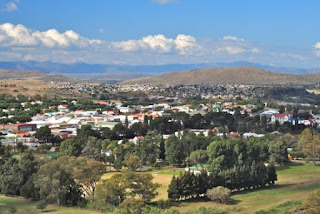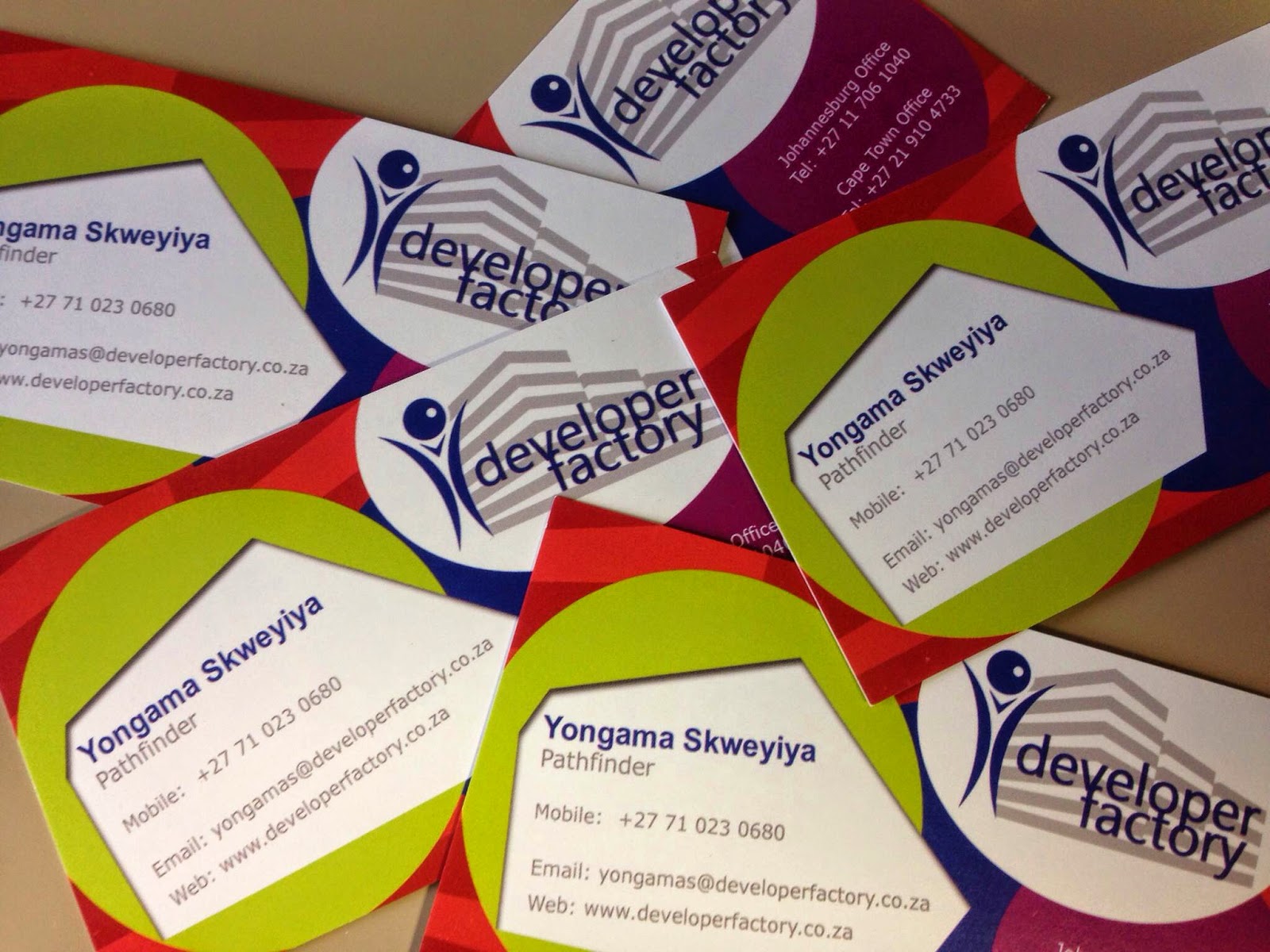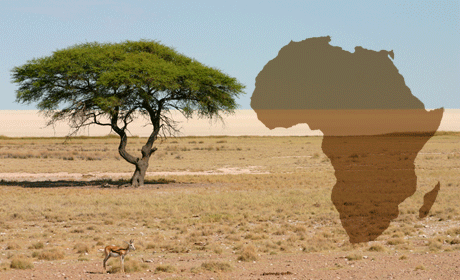No easy route, no shortcuts - a look at 'White Monopoly Capital' and Stellenbosch as enemy
As the popular adages goes, 'There are no shortcuts to success' and "There is no easy route to creating wealth"
I have made no secrets on my love for Stellenbosch and moreover, my adoption of some of its leading entrepreneurs as my role models.
As student my rooting and fundamental beliefs were shaped and influenced by the town, its ambiance and all that that the institution embodied.
The town of Stellenbosch hosts a population of well over 200 000 people, spanning an area of 831.04 km². The town is a vibrant economic area, with an active tourism market. Majority of the population is white.
The community also has some of the highest levels of education of any town in the country. For a small town, it offers and contributes to the fiscus more than its fair share.
If that is the case, why then do we not learn valuable lessons from this anomaly in the South African context - taking the elements that are great and discarding the irrelevant, repressive and destructive.
In order to go forward, maybe I should
go back. I come from a small Karoo town of Cradock, if
you have ever driven on the N10 to Port Elizabeth, you have passed our town. It
is nestled in a small valley at the banks of the Fish River and founded in 1813.
So if anyone cares to remember, this
was the time of the colonial wars and the Great Trek. Conflict was everywhere,
the indigenous people of the area, called the river Inxuba Yethemba.
Sir John Cradock having raised the
funds for settlement on the “farm” which would become a town, bearing his name, had to contend with
disgruntled locals due to their colonial practices.
Cradock was an English
outpost but soon become a predominantly Afrikaans area with the emergence of
the trek and proximity to the Boer Town of Graaff Reinet.
This translated to abaXhosa are dispossessed of the land they use to
use for hunting and the crossing rights they had over the river they had a name for. Now a new power dynamic had developed in the area
Cradock offered great grazing land for
sheep and goats, and the Merino and wool industries just mushroomed in the area. Afrikaans become the dominant language
and land owners were as such.
And so starts the story of our reality
today.
Generations later, I was born in this town under a different yet same
conditions of conflict, this time called Apartheid.
Fast forward the violence and
sanctions, degrading and humiliating treatment and lack of access to
opportunities. I was fortunate enough to be sent to a Coloured crèche
- a Roman Catholic establishment, exclusively Afrikaans.
During this time, there were three
streams of education, fantastic education reserved for the white minority and a
hugely inferior system for the Coloured and Indian communities and an even more inferior and quite
rudimentary education system. As Dr.
Verwoerd had orchestrated our lives should be
led in servitude and our education should enforce that.
The black spirit is indomitable - I am
not sure of the laws broken or in place, but I was allowed in to the Crèche and
I started my journey with the Afrikaans language.
Later on, I was afforded the opportunity to attend the white schools in Cradock in Sub B or Grade 2.
There were no black kids at the school at the time and my mother endeavored to recruit and when the year started, we were 6. The other 5 were all in the grade below me. I was now the defacto senior member of this group.
This is how my fight for black rights started.
Later on, I was afforded the opportunity to attend the white schools in Cradock in Sub B or Grade 2.
There were no black kids at the school at the time and my mother endeavored to recruit and when the year started, we were 6. The other 5 were all in the grade below me. I was now the defacto senior member of this group.
This is how my fight for black rights started.
Due to my Afrikaans foundation and now
change over to English class, I found that I got to understand my work in three
languages, this persisted till the end of my secondary education phase.
Deciding on a university was a
strategic decision, I only applied to one. I only wanted to go to one.
Stellenbosch has groomed me, I started my
formal entrepreneurship in the town, through opportunities I saw around me.
Now getting back to the real reason
for this article. Stellenbosch and its
inhabitants, most notably the established entrepreneurs and business-people have
been vilified and referred to as a mafia (must admit I have used that term
too).
Over the years, as I have gotten into
partnerships with various people, I have seen a most noticeable trend — I tend to do business
with people I know. I tend to do business with people I trust and I tend to do
business with the same people over and over again.
This could be the case with
a lot of people.
Hence the outside outlook of mafia behavior within a community
observed from outside.
As an entrepreneur I have learnt that
growth and market dominance is essential in ensuring survival of our
organisation.
As you grow and employ more people, fears move away from "will I
eat tomorrow" but towards, "can I ensure my staff eats tomorrow".
Thus a desire to
be a dominant player in a market and ensure that one's brand of business is relevant in the minds and hearts of customers.
To my knowledge — no one, besides a state, goes out to become a monopolist. Monopoly in most cases is a consequent of your efficiency over
competitors in the market.
In the age of greater competition and
strategies to look at ways to become relevant and gain competitive advantage,
the blue oceans strategy fundamental suggests the niching of a market and
actually developing that market.
Thus effectively becoming the dominant player in
that market segment.
Some markets a large and others not so, but bottom line, and the large ones
Now, monopoly capital suggests that
the villain has all the capital and not willing to share. The suggestion is that
capital is a public good and should be shared among everyone like what one
would water or air.
The reality is that it is not so.
Capital or wealth is accumulated over time and generations and allocated into
opportunities that will yield yet more capital. It is like an exclusive club
that is initially very difficult to enter (as no one owes you a chance to
enter) but once in - it is ever more difficult to remain.
In his book, George S. Clason, The
Richest Man in Babylon, on the chapter on the Seven Cures for a lean
purse, “Guard thy treasure from loss by investing only where thy
principal is safe, where it may be reclaimed if desirable, and where thou will
not fail to collect a fair rental. Consult with wise men. Secure the advice of
those experienced in the profitable handling of gold. Let their wisdom protect
thy treasure from unsafe investments."
Thus entrepreneurs since the beginning
have sought to be relevant and earn. Like all things involving humans, there
are dark characters who have given both capitalism and business a bad
reputation.
In Stellenbosch, the road is not
covered in gold, and milk dies not run in the streams. One thing is abound -
the hunger to make things that work and develop businesses that make sense and
are sustainable. The people are not pretentious and you can bump into a captain
of industry as easily as you bump into any other human walking about.
Opportunities much like talent is not
spread evenly, there are those who find and recognize opportunities much faster
and repeatedly than others and through the development of networks have the
capacity to get like minded people around a table and try to make that
opportunity yield business success.
We cannot look at Usain Bolt’s
performance and become angry - suggesting that the track and stopwatch are
conspiring against the rest of us. This sprinting genius has developed this
ability over time and through hardship and dedication. The same goes for wealth
creation. It takes time and dedication and unfortunately not all of us will attain
it.
Furthermore it is not Governments role
to take care of us. It's a personal responsibility which grows to family, grows
to extended family, grows to clan, grows to community and finally grows to
country.
Politicians sell us dreams to satisfy
their current needs to be liked and voted into power. And we believe these
dreams and live in hope for these dreams to be manifested. But the reality is
that, politicians will not save us.
What will save each one of us is 'US'.
Search and find opportunities, feed your family and give to charity. Government
should ensure a secure and stable environment to enable free trade.
White monopoly capital in my
experience does not exist, at least not in the politically charged manner in
which it is sold to the general populous. And more importantly it is not thee
or an enemy.
YES, in South Africa, wealth is
generally concentrated in the hands of whites, a situation that has developed
over time, it will take the next crop of industrialists and captains of
industry (which be black) a few generations to amass wealth equating that.
There are unfortunately no short cuts
or easy ways. Prominent black business families are to hand over their wealth
to the next generation - names that come to mind are the likes of the Maponyas
and the Motsepes. I am sure many more exist.
Wealth accumulation is a time
intensive undertaking, usually taking generations to achieve.






BRILLIANT Yongama! Let's meet as soon as possible and discuss it all an prepare for another post like this!
ReplyDelete